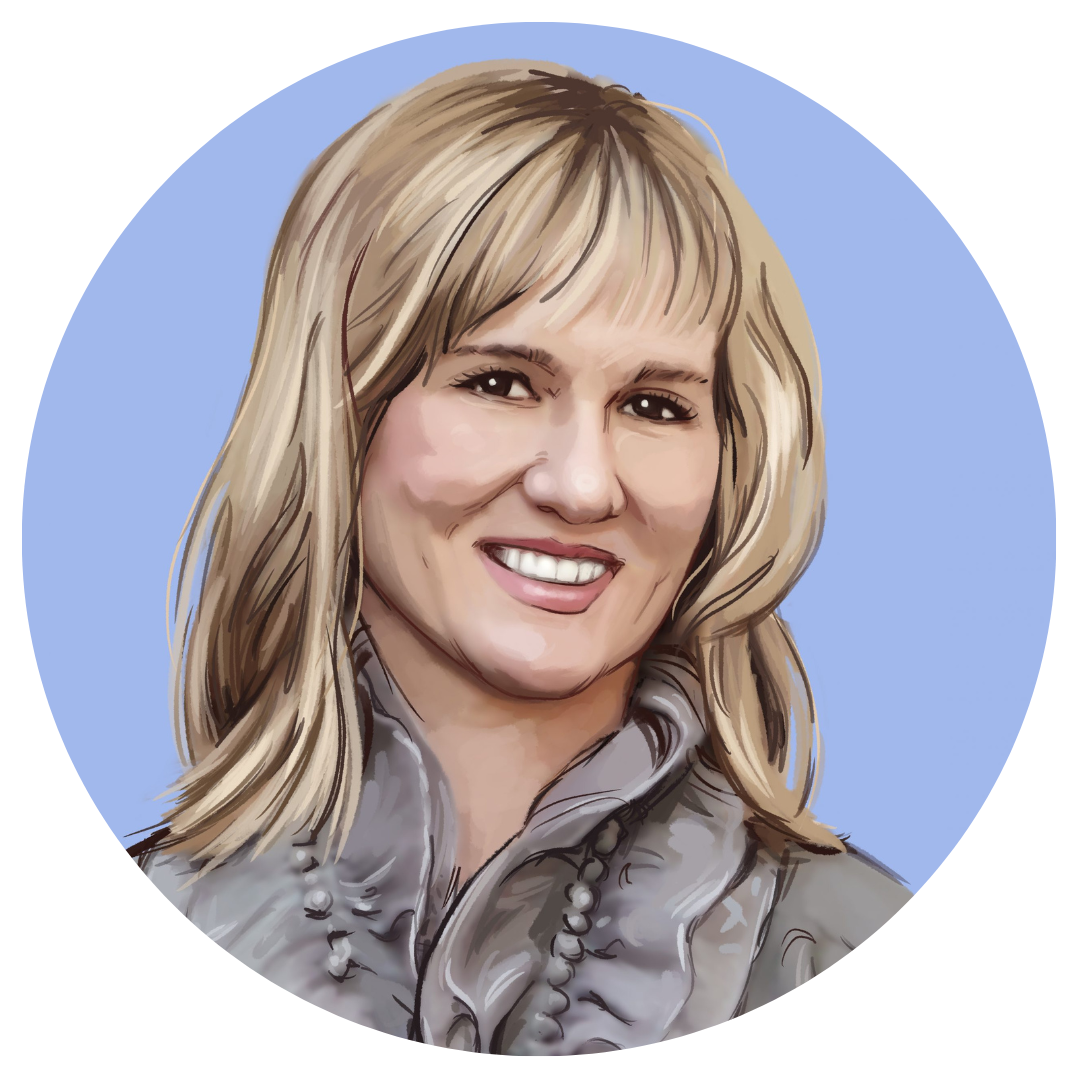November 14, 2025
When to Seek One-on-One Grief Counseling
A Story of Mara, a Young Teen Learning to Live with Loss
This narrative is a fictional creation. Any names, characters, or events mentioned are entirely coincidental and not derived from actual persons. Although the narrative is fictional, the events and lessons depicted mirror authentic situations that numerous individuals may encounter, and certain readers may identify with the feelings, techniques, or scenarios presented.
Mara was fourteen when her father died. The loss was sudden, the kind of absence that doesn’t settle quietly but rattles through every corner of a home. She used to wake in the mornings expecting to hear him humming in the kitchen, the clatter of his boots by the door, and the way he teased her about always running late for school. Instead, there was silence. A silence that pressed so heavily she sometimes felt she couldn’t breathe.
She missed him everywhere: in the empty chair at dinner, in the smell of his jacket still hanging by the closet, and in the jokes only he could tell. At night, Mara lay awake, staring at the ceiling, whispering, “I just want you back.” The ache was raw, sharp, and endless.
The Weight of Grief
In the weeks after the funeral, Mara drifted. Her schoolwork slipped away, and her energy vanished. Her mom tried to keep routines going, but Mara barely touched her food and often skipped classes. She kept her father’s old coffee mug on her desk like a fragile anchor, but even that hurt.
One night, after stumbling upon his jacket and collapsing into sobs, her best friend Lina came over. She didn’t try to make things better; she simply sat beside Mara, letting the silence stretch. When she finally spoke, it was gentle: “Tell me about him.” Mara hesitated, then shared the treehouse story, the silly spaghetti joke, and the lullabies her father used to sing. Talking hurt, but it also felt like breathing again. It was her first glimpse of how sharing memories could keep her father close.
Coping in Small, Imperfect Steps
Instead of trying to silence her grief, Mara leaned into it, allowing herself to feel each wave as it came. She picked up a brush and began painting, not to create masterpieces, but to let colors say what words couldn’t. Some canvases carried her fury in harsh strokes, others her longing in softer shades. Experts note that creative expression can release emotions trapped inside, and for Mara, each painting became both confession and comfort.
Her mom encouraged her to walk with her each morning. At first, it was silent, heavy-footed trudging. But eventually, the rhythm of their steps, the simple act of moving, steadied her. Maintaining even small routines, eating breakfast, attending classes a few days a week, and taking those walks became a lifeline. Research from NHS emphasizes how these routines help re-establish stability when life feels shattered.
At school, her counselor reminded her that grief often carries guilt, anger, and loneliness, and that naming those feelings doesn’t make them weaker—it makes them manageable. She gently suggested a teen grief support group. Mara resisted at first, worried about being “too much,” but eventually realized she wasn’t alone in her feelings. According to SAMHSA, this sense of connection is vital for young people processing loss.
Mara also allowed herself to feel without judgment. Some nights she laughed at an old memory and then felt guilty, but her counselor helped her see that joy and sorrow can exist side by side. On weekends, she and her mom planted a small garden with her dad’s favorite flowers. It became a living memorial, a place where grief and love intertwined.
When Grief Felt Too Heavy
Despite these steps, Mara struggled. She had trouble concentrating in class, dropped her art club, and often lay awake with nightmares. Her counselor gently explained that while grief is natural and deeply personal, sometimes it grows into something called complicated grief. When symptoms intensify or persist without easing. Signs include prolonged yearning, avoiding reminders, or feeling numb, all of which Mara was experiencing. Wellabe notes that when grief disrupts daily life or leads to feelings of hopelessness, one-on-one counseling can make all the difference.
With her mom’s support, Mara began seeing a grief counselor. For the first time, she had a private space to untangle her guilt and anger, to explore memories without fear of “burdening” anyone. Her counselor introduced tools like reframing thoughts—challenging the painful “I should have done more” with a gentler, more truthful perspective. Slowly, Mara began to feel lighter. She rejoined art club, painting trees filled with both shadow and color. Her grief didn’t vanish, but it stopped swallowing her whole.
Practical Help for This Kind of Loss
Mara’s story mirrors what many teens experience when they lose someone they love. The most important things are often the simplest: don’t carry grief alone, lean on friends or family who can listen, keep small routines for stability, and find safe outlets—writing, art, rituals, or conversations to express what feels unbearable inside. And when grief feels too heavy or doesn’t ease with time, professional one-on-one counseling offers support, tools, and the healing presence of someone trained to walk with you through it.
Holding On, Letting Go, and Moving Forward
Mara’s journey shows how coping strategies can naturally weave into everyday life. Talking about her father with her friend and counselor gave her a way to keep memories alive instead of locking them away. Painting became an outlet for emotions too big to carry silently. Simple routines like walking and eating breakfast gave her structure when her world felt chaotic. Allowing herself to laugh and cry without judgment freed her from unnecessary guilt, while creating a garden helped her stay connected to her father’s memory in a living, meaningful way.
And when these efforts weren’t enough, seeking one-on-one counseling gave Mara the tools and safe space she needed to move through complicated grief. These approaches work because they balance expression with structure, connection with self-reflection, and memory with forward movement. Grief has no timeline, and it never truly disappears. But with compassion, healthy outlets, and the courage to seek help when it’s needed, it is possible to carry the love of someone lost without being broken by the weight of their absence. Mara’s story is a reminder: you don’t have to walk through grief alone.
OUR MISSION
We are a nonprofit founded in honor of Jenna Betti, funding programs to empower and inspire people to thrive despite adversity.
Need Support Now?


